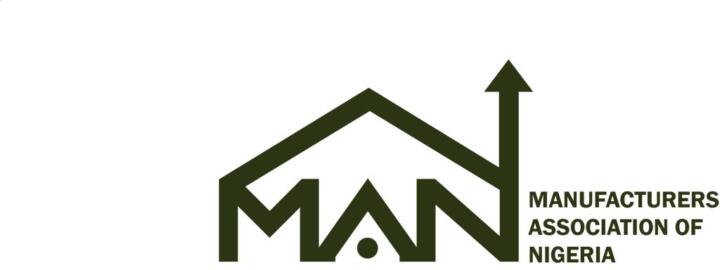The Manufacturers Association of Nigeria (MAN) has reiterated that Nigeria’s path to meaningful industrialisation and sustained economic growth depends heavily on the full and consistent execution of government policies. The association warned that while Nigeria has rolled out numerous industrial and trade policies over the years, inconsistent implementation, poor monitoring, and frequent reversals have prevented them from achieving their intended impact.
Speaking at a recent forum on Nigeria’s industrial outlook, MAN President Otunba Francis Meshioye emphasized that the gap between policy design and implementation has been the country’s greatest stumbling block in driving manufacturing growth. According to him, while Nigeria boasts abundant natural resources, a large population, and access to regional markets, weak execution of policies continues to hold back the sector. “The real issue is not the absence of policies. We have more than enough well-written policies. What is missing is the commitment to execute them fully and consistently, irrespective of changes in administration,” Meshioye said.

The MAN president noted that for Nigeria to attain industrial self-sufficiency, government must ensure that initiatives such as the Nigeria Industrial Revolution Plan (NIRP), local content policies, and trade facilitation measures are implemented without delays or distortions. He also stressed the need for stronger accountability mechanisms that ensure ministries, departments, and agencies tasked with policy enforcement are held responsible for results.
Manufacturers have long decried the hostile operating environment characterized by multiple taxation, poor infrastructure, limited access to credit, and an unstable foreign exchange system. These challenges, they argue, are exacerbated by the lack of coherent implementation of existing frameworks designed to address them. Meshioye explained that Nigeria’s manufacturing sector can become a major driver of exports, job creation, and GDP growth if the government matches policy intentions with execution on the ground.
The association highlighted examples from other emerging economies such as Vietnam and Indonesia, where consistent policy execution has transformed them into competitive industrial hubs. According to MAN, Nigeria can replicate such progress if it avoids frequent policy summersaults and ensures continuity in strategic programs across successive governments.
Policy inconsistency has also discouraged foreign direct investment (FDI), as investors remain wary of Nigeria’s unpredictable regulatory environment. MAN warned that unless this is addressed, the country risks missing out on global investment flows shifting towards Africa. “Investors want stability and predictability. Once they are unsure about whether government policies will be implemented or changed overnight, they look elsewhere,” Meshioye noted.
The association further called on the government to strengthen collaboration with the private sector in policy design and execution. It stressed that involving manufacturers and other stakeholders from the outset would not only improve the quality of policies but also ensure smoother implementation. Meshioye urged the current administration to see manufacturers as partners in progress rather than merely as taxpayers.
On infrastructure, MAN reiterated the urgent need for reliable electricity, efficient transport networks, and improved port operations. Without these, industrial policies will not translate into real progress, regardless of how well-crafted they appear on paper. The association recommended that government prioritise power sector reforms, rehabilitate industrial clusters, and provide targeted incentives for sectors with high job-creation potential.
Another area highlighted was access to finance. Many Nigerian manufacturers struggle to secure affordable long-term financing to expand operations. MAN argued that consistent execution of intervention schemes, such as the CBN’s development finance initiatives, is essential to ensuring manufacturers can scale production. Inconsistent disbursement and frequent adjustments to these schemes, it noted, undermine their effectiveness.
The call for improved policy execution also comes at a time when Nigeria is preparing to take fuller advantage of the African Continental Free Trade Area (AfCFTA). MAN stressed that Nigeria’s competitiveness under AfCFTA will depend largely on how well it can implement domestic industrial and trade policies to strengthen local industries. Without strong execution, the country risks becoming a dumping ground for cheaper imports from other African nations.
Meshioye concluded by urging President Bola Tinubu’s administration to prioritize continuity and execution over the creation of new, untested policies. He emphasized that faithfully implementing existing blueprints, providing necessary infrastructure, and ensuring accountability would put Nigeria firmly on the path to industrialisation. “Industrialisation is not rocket science. It requires commitment, discipline, and consistency. If Nigeria can achieve this, we will not only meet our domestic needs but also become a competitive exporter in the global market,” he said.
The message from MAN is clear: Nigeria’s industrial transformation lies not in drafting more policies but in ensuring that the ones already on the books are fully executed. For manufacturers, investors, and the economy at large, consistent policy implementation remains the missing link in Nigeria’s long-sought journey toward industrialisation.
Support InfoStride News' Credible Journalism: Only credible journalism can guarantee a fair, accountable and transparent society, including democracy and government. It involves a lot of efforts and money. We need your support. Click here to Donate
